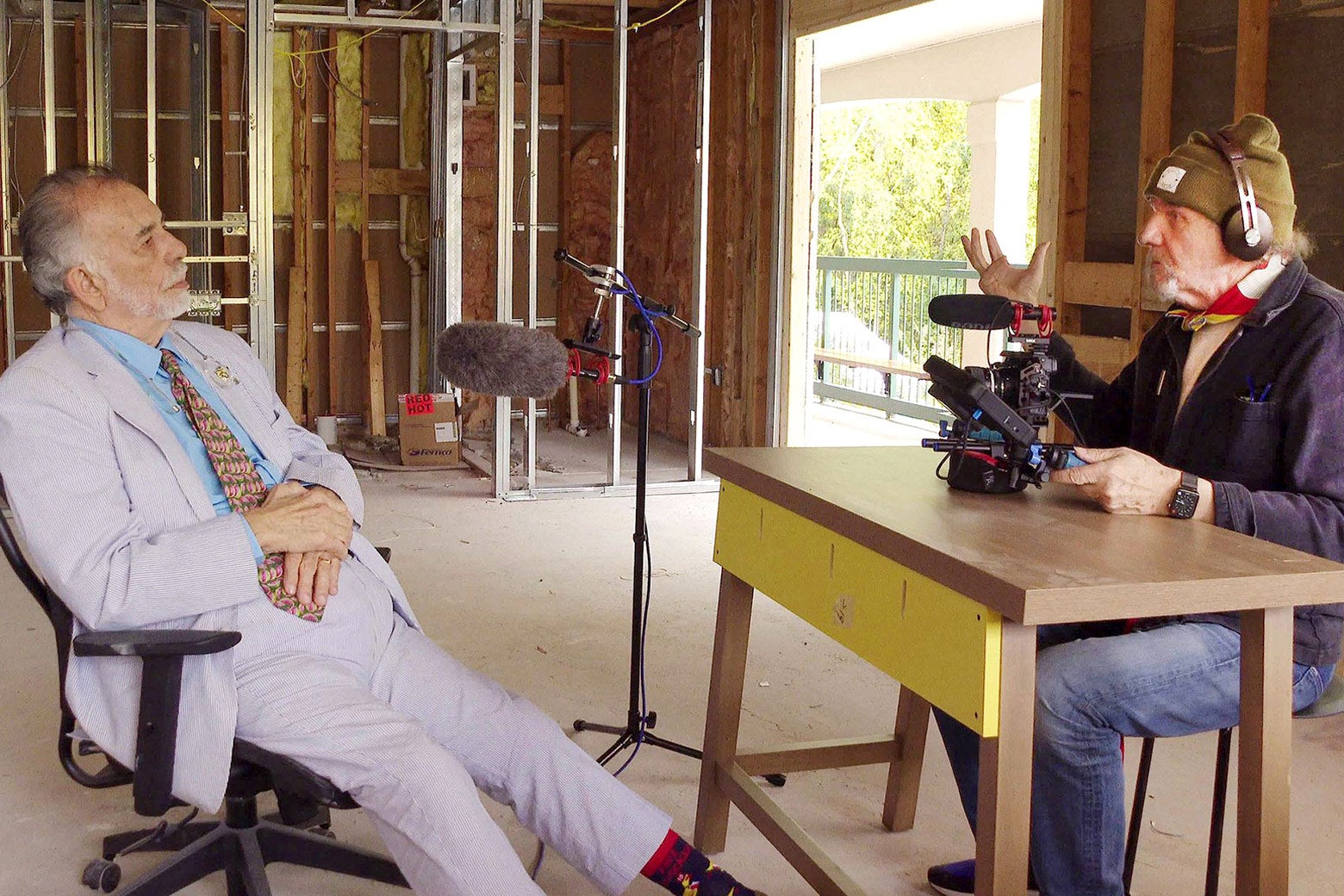
"Financed with $120 million out of Coppola's own pocket, it might be the most extravagant vanity project ever made, the realization of a 30-year dream that no responsible entity would ever have said yes to. And yet, as unhinged and occasionally just-plain-bad as it can sometimes be, it's also glorious in its obstinance, its refusal to conform to contemporary notions of what a movie has to be."
"Figgis has always been more of a self-proclaimed outsider-the minute he was done with awards season he set about making a string of increasingly unwatchable features with titles like The Loss of Sexual Innocence. That puts him in a fascinating position as Coppola's chronicler: sympathetic to the director's aim to lavishly challenge what cinema can be, and yet aghast at the resources he expends in that pursuit."
Francis Ford Coppola financed Megalopolis with $120 million of his own money, realizing a decades-long dream that blends extravagance and obstinate refusal to conform to cinematic norms. The film alternates between unhinged failures and moments of glorious ambition, creating a rare combination of masterpiece and disaster. Mike Figgis filmed Megadoc during the movie's four-month shoot and occupies a conflicted position as an outsider sympathetic to experimental aims yet shocked by the scale of spending. Figgis records conversations with George Lucas, who recalls shadowing Coppola early in his career and remaining a lifelong friend while embodying more entrepreneurial, risk-averse instincts.
Read at Slate Magazine
Unable to calculate read time
Collection
[
|
...
]